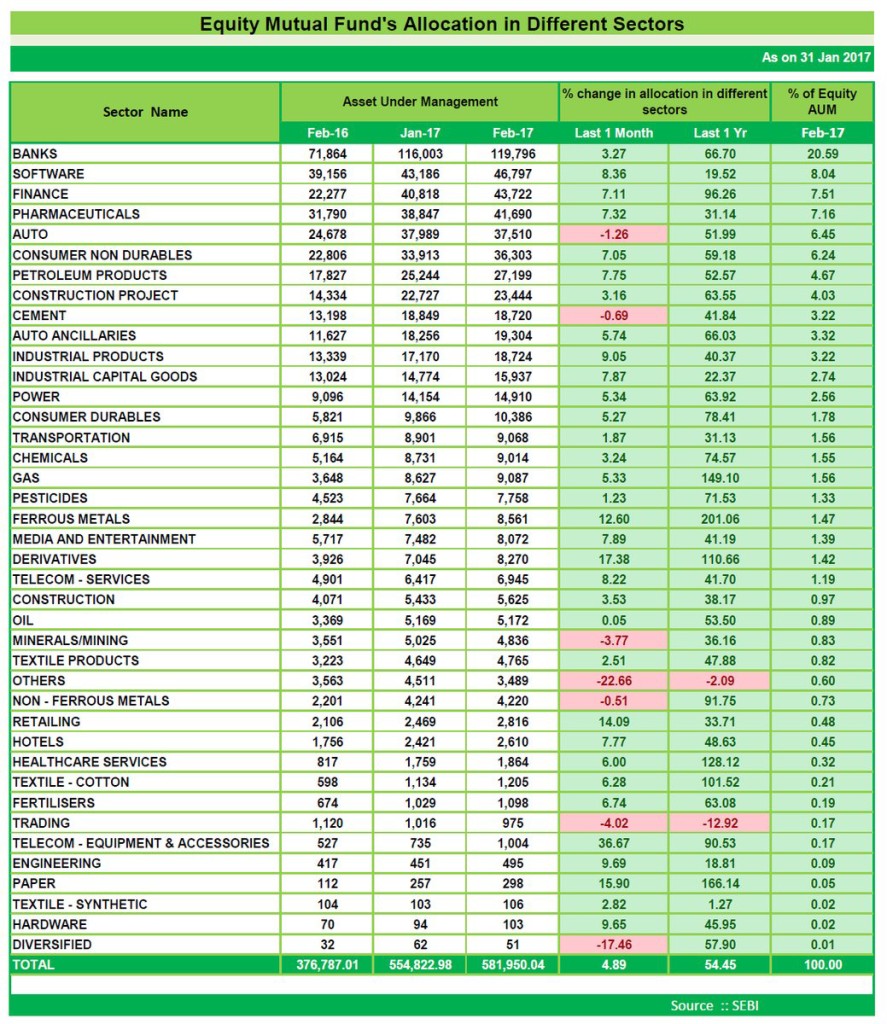I noticed the Change.org petition initiated by a group of citizens to stop banks from fleecing the customers in the name of increased charges. The petition is addressed to the RBI Governor and the Minister of Finance.
RBI Governor: Please Stop Banks Fleecing us Depositors!
Of course, you and I are not happy in the way banks go about secretly levying charges on us by signing us up for services that we don’t want or have not asked for.
They expect us to maintain minimum account balances even in savings account and by chance, when we fail at times, they promptly slap the penalty. There is no communication, not even an email or SMS, warning us in advance about the same.
But when an EMI becomes overdue, you find collection agents issuing threats and the very next, standing at your door.
There is no escape, the barbarians are at the gates.
If you are one of those who visit a bank branch, you know what it takes. It takes ‘away’ a lot.
As soon as the ‘relationship manager‘ gets a whiff of your bank balance or the fresh cheque in your hand, you are offered a cabin to sit in, tea/coffee, cold drinks and then the brochure comes out – a brand new investment product that is safe and give good returns. This is the way to push an endowment policy down your throat. It is a product that makes all the money for the banker, none for you. You lose!
As a customer of banking, you are always losing to the high handedness of the bank. I loathe this attitude. I have expressed this many times in writing and to their staff as well. But nothing seems to change. I continue to suffer them.
This is one side of the money.
Let’s see the other side now.
Look at this chart below. I picked it up from Twitter where it has been floating. I thank the person who compiled or shared it first.
Which sector is getting the lion’s share of mutual fund investments?
No guesses required. It is Banking. With 20% allocation, it is an outsized concentration. In fact, the second highest allocation to software is at a distant 8%.
Now, what makes mutual fund managers so optimistic about banking?
Well, well. No guesses again.
The banks have access to the biggest representation of our economic power – our money. And they can use this power in any way they want, to extract all the fees and charges that they deem fit, thus deliver outsized returns for their investors.
Now, I am an investor in mutual funds too. And I advice my clients to invest in mutual funds, which have investments in banking.
When I see the money generating capacity of the banks and the returns rolling from the investments I make, I feel good. My clients feel good too that I recommended such funds, which create more returns and help them reach their goals, faster. (Of course, I have no control over the returns.)
And there in lies my dilemma – the customer loses vs the investor wins.
I want something as a customer (lower fees, charges and better services) and another thing as an investor (higher returns).
It’s money vs money.
What do you say?


Banks typically are in the top category of mutual funds even outside India. To avoid banks, you would have to select sector specific funds.
I have never seen these “direct debit” of fees while banking in Singapore, Malaysia and The Philippines. In the USA, the bank’s website clearly states whats deductible and whats not. Its your problem if you didnt read the fine print. Sometime ago, we discussed HDFC’s management fee. I am a “preferred” customer at HDFC, and yet they keep sending emails every year saying they will deduct Rs 100+taxes for quarterly mgmt fees! I then have to call the RM and tell him to reverse it and to remove me from the program.
I have never had such incidences with the banks in the other countries, and I have been banking with them for about 30 years. Yet, these very banks are top pickings for mutual funds as well. Also bear in mind that base lending rates in these countries are far lower than India. So how do they manage to be profitable?
I am not even sure if the central or reserve banks in the countries I mentioned above actually prohibit these activities. If they don’t then I guess we can say banks there are far more ethical. I recall reading somewhere that RBI’s stand is that it does not interfere with how banks manage these activities. But thats precisely why we need to get RBI to rethink its policies.How do we do that?
Thanks for sharing your inputs Sridhar.
I am not much aware about banking outside.
As for RBI, it has got bigger games to win.
Once in a while, it tells banks to get their act in order which doesn’t seem to have any effect.
Hopefully, the startup space is going to shake them up pulling the rug under their feet and then only will they realise how shabbily they have been treating their customers.
Good article as always, and an interesting perspective. I guess since you’re on the winning side as well, all is not lost — you aren’t being mistreated just for other people’s benefit.
This brings up the question of whether you want to fund these toxic guys. I wouldn’t want to. Even from the perspective of returns, I don’t believe that companies that mistreat their customers will succeed in the long run. They’ll be disrupted sooner or later.
Do you know any mutual funds that refuse to fund companies that mistreat their customers?
You are right, they will be disrupted sooner than later.
Don’t know any mutual fund which uses this criterion.